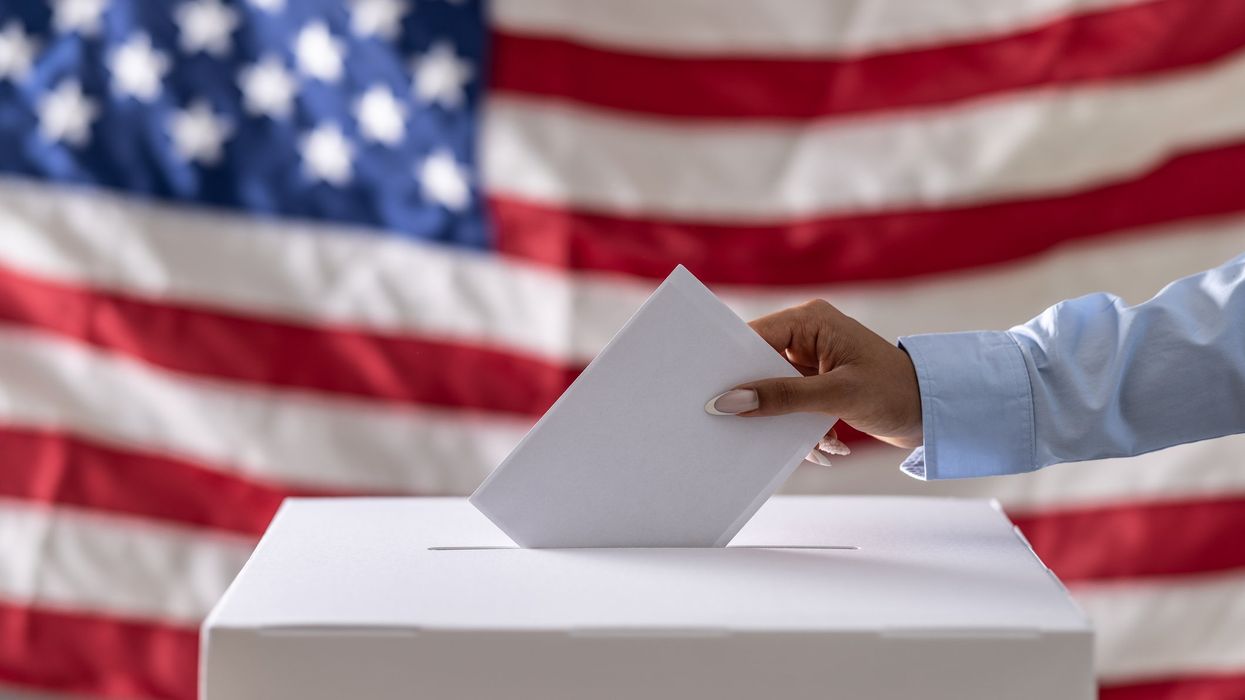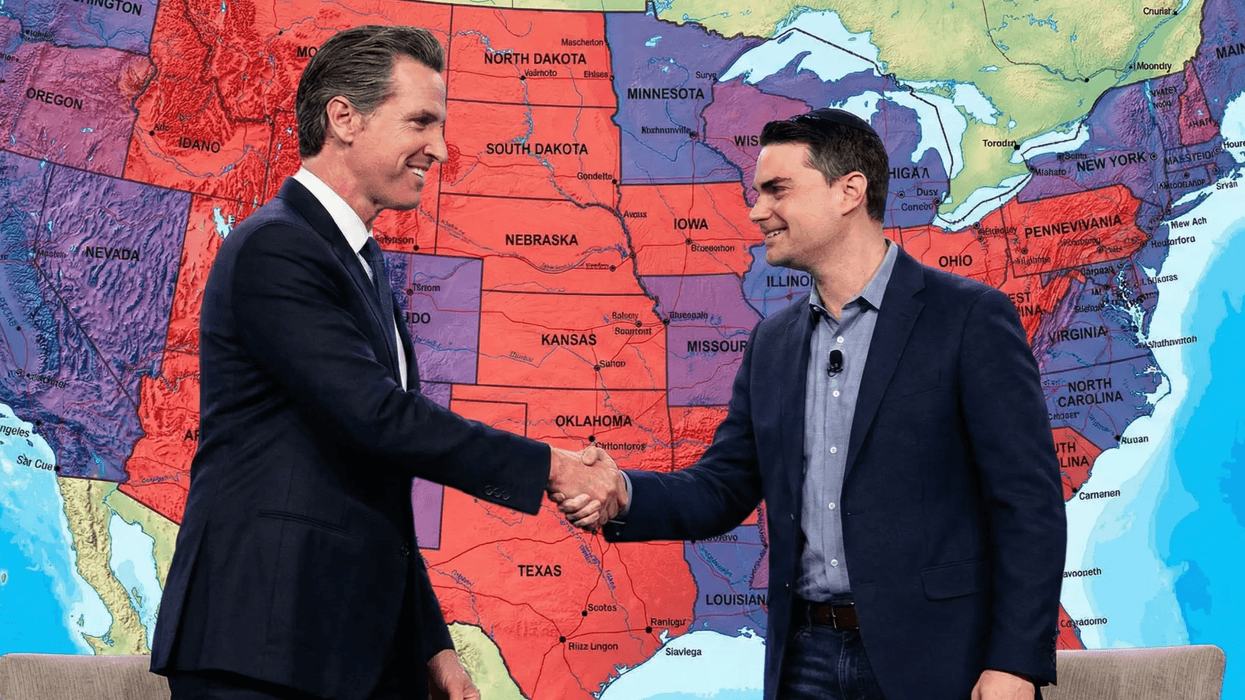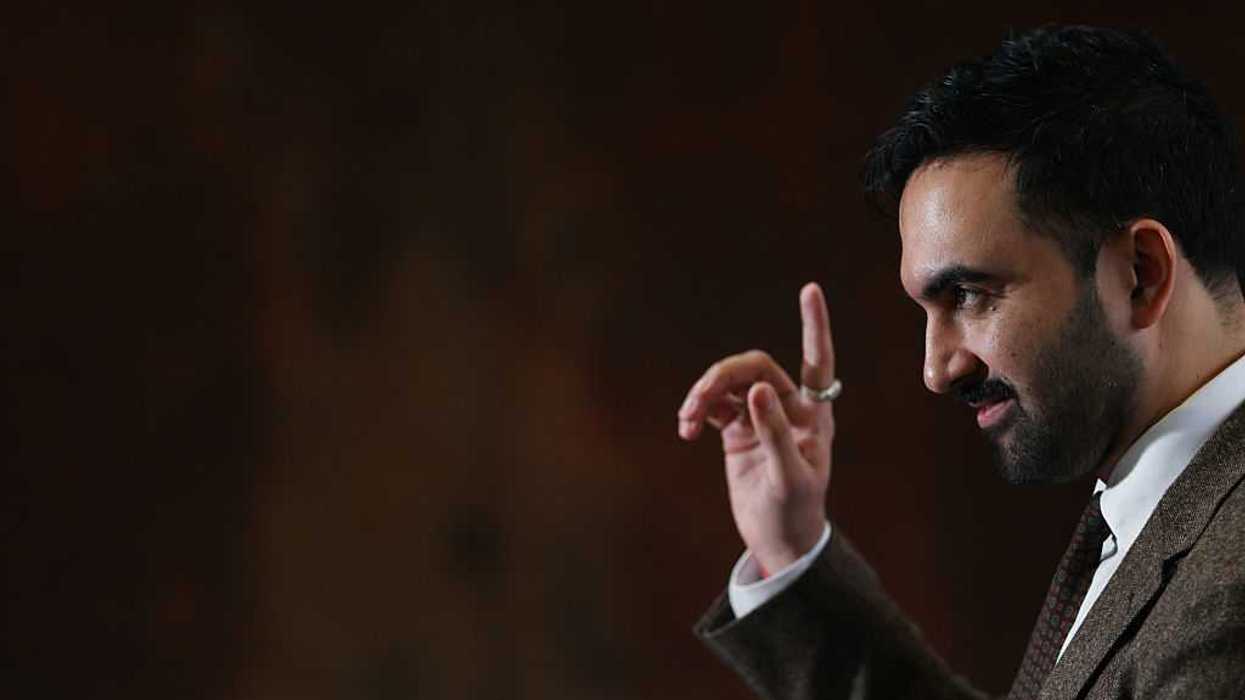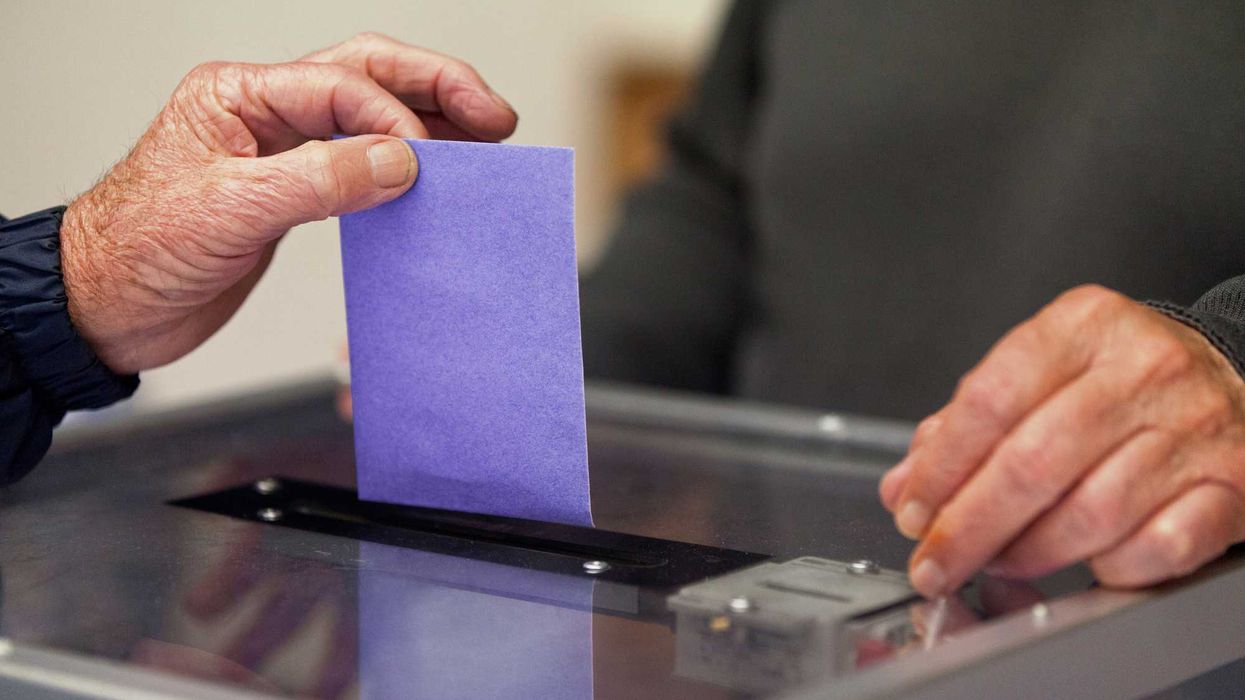A bipartisan group of lawmakers has introduced the Let America Vote Act, aiming to strengthen electoral integrity and inclusivity. Spearheaded by Representatives Marie Gluesenkamp Perez (D-WA), Brian Fitzpatrick (R-PA), Jared Golden (D-ME), and Andrew Garbarino (R-NY), this legislation ensures that the right of a U.S. citizen to vote in any taxpayer-funded election for public office shall not be denied or abridged on the grounds of political party affiliation or lack thereof. Specifically, the act:
The legislation addresses two key principles in the continued fight for election reform and integrity:
- The right of a U.S. citizen to vote in any taxpayer-funded election for public office shall not be denied or abridged on the grounds of political party affiliation or lack thereof.
- Requires states to permit access to unaffiliated voters to vote in primary elections for federal office.
- Withholds federal funds if a state does not permit access to unaffiliated voters to vote in primary elections for state and local office.
- Provides additional federal funds for states to transition to access to primary elections for unaffiliated voters.
- Protects the information and independence of unaffiliated voters by restricting the use of their voter data.
- No person who is not a citizen shall be permitted or granted the right to vote in any taxpayer-funded election for public office held by or in the United States or any State.
- Prohibits states from permitting non-citizens to vote in elections for federal office.
- Withholds federal funds if a state permits non-citizens to vote in elections for state and local office.
The first pillar of the Let America Vote Act mandates that states allow unaffiliated voters to participate in primary elections for federal offices. Currently, millions of independent voters are barred from primary elections due to their non-affiliation with major political parties. This exclusion not only disenfranchises a significant portion of the electorate but also perpetuates a system where candidates cater primarily to partisan biases, often sidelining moderate voices. By opening primaries to unaffiliated voters, the act seeks to foster a more inclusive political environment where candidates must appeal to a broader spectrum of constituents.
To ensure this pillar stands, the act proposes withholding federal funds from states that refuse to grant unaffiliated voters access to primary elections for state and local offices. To facilitate this transition, it offers additional federal funds to states implementing these inclusive measures.
Importantly, the legislation also includes provisions to protect the privacy and independence of unaffiliated voters by restricting the use of their voter data.
The second pillar of the act emphasizes that only U.S. citizens should have the right to vote in taxpayer-funded elections. While federal law already prohibits non-citizens from voting in federal elections, some jurisdictions have allowed non-citizen participation in local elections. This legislation seeks to standardize voting rights across all levels of government by prohibiting states from permitting non-citizens to vote in any public office elections. States that contravene this provision would also face a withdrawal of federal funds.
Representative Gluesenkamp Perez articulates the essence of the act, stating, "In Southwest Washington, we value our independence, know that our beliefs don’t always fit neatly into one box, and recognize there’s not a political party that cares about our community like we do. Good ideas come from both sides of the aisle, and they originate on the ground in our communities, so Americans shouldn’t be denied the right to vote for the candidate of their choosing because they aren’t affiliated with a national political party."
The Act has garnered support from various organizations advocating for electoral reform. Rye Barcott, Co-Founder and CEO of With Honor, emphasizes, "The opportunity to vote is a sacred right of all American citizens. Regrettably, independent Americans, who by many measures make up more than 40% of the population, are disenfranchised in many state primaries. This is especially true today due to the gerrymandering of safe electoral districts by self-interested politicians. This bill ensures these tens of millions of Americans are able to vote in primaries and brings more competition to our elections."
Todd Connor, Co-Founder and CEO of Veterans for All Voters, adds, "The Let America Vote Act is a critical piece of legislation to ensure that all Americans have access to safe and secure elections. In particular, with estimates that over 50% of military veterans identify as registered independents, this legislation ensures that those who have given the most in service to this country have the basic right to vote in the taxpayer funded elections we have fought to protect."
The introduction of the Let America Vote Act comes at a time when trust in government is near historic lows, and nearly half of Americans feel that democracy does not adequately represent them. By addressing systemic barriers that hinder full participation in the electoral process, this legislation aims to restore faith in our democratic institutions.
In a recent op-ed, Representatives Gluesenkamp Perez and Golden highlighted the urgency of such reforms, stating, "Our democratic system requires the faith of the people. So this loss of confidence in our system is dire. Americans across party and ideology see a Congress that seems unrepresentative of their communities and values and has become increasingly partisan, dysfunctional, and unproductive."
The Let America Vote Act represents a significant step toward revitalizing our democracy by ensuring that every citizen's voice is heard. As this bipartisan effort moves forward, you can support it by letting your elected officials know by using this tool.
Kristina Becvar is co-publisher of The Fulcrum and executive director of the Bridge Alliance Education Fund.




















